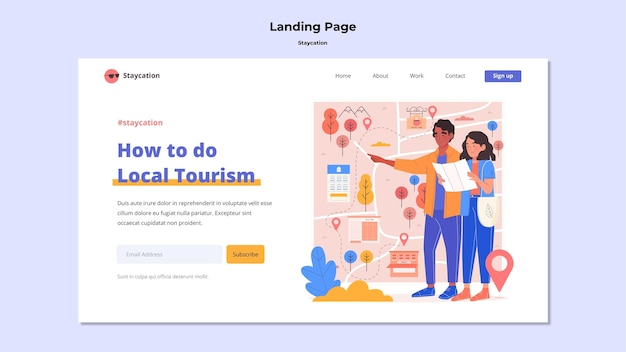
Looking to buy a house? Purchasing a home is likely one of the biggest expenses you’ll have in your life. That’s why applying for a home loan is something you should take seriously. The cost of the house itself is just the beginning; the interest and points you’ll pay over the life of the mortgage can add up to more than the house’s price. So, paying attention to your home loan’s details can be even more critical than the sale price of the home.
Here are some tips to help you get the most from your mortgage:
– **Improve Your Credit Score:** If your credit history isn’t great, work on improving your credit score before applying for a home loan. This can take several months, so be patient. Always pay your bills and loan payments on time. Use credit cards wisely and pay them off every month to help strengthen your credit rating.
– **Wait for Low Interest Rates:** Try to apply for a home loan when interest rates are low. However, keep in mind that historically, lower interest rates can sometimes mean that home prices will go up.
– **Get Pre-Qualified or Pre-Approved:** Start with a pre-qualification or pre-approval. Pre-qualification involves submitting information to a lender to get an estimate of the mortgage amount you can afford. Pre-approval goes a step further, with the lender checking your credit, verifying your income, and approving a specific mortgage amount.
– **Lock in Your Interest Rate:** If your loan is approved when rates are low, lock in that interest rate.
– **Secure Your Mortgage Before New Debts:** If you anticipate taking on other financial obligations in the future, get your mortgage before those new debts show up on your credit report.
– **Save for a Larger Down Payment:** The more you can save for a down payment, the better. Borrowing only 80% of your home’s value can help you get a lower interest rate.
– **Consider Points and Upfront Costs:** When shopping for a home loan, don’t forget to account for points and other upfront expenses. These can significantly impact the total cost of your loan.
– **Be Pragmatic About Your First Home:** Avoid shopping for an overly large or expensive first home unless you’re sure you can afford it. If lenders see a big gap between your current rent and potential house payments, they may think you don’t qualify for the loan.
– **Shop Around for Lenders:** Don’t just go with the first lender you meet. Shop around to find the best deal. A mortgage broker can compare rates from multiple lenders and might find the best rate for you, but some lenders without brokers’ overhead might offer lower rates or costs.
First-time buyers often struggle with making a down payment, especially with today’s low-interest rates making it a good opportunity to buy. Saving up 20% for a down payment on a home over $100,000 can be tough, particularly if you’re a recent graduate or newly married person with student loans or wedding expenses. Despite the challenging economy, there are financing options to help you secure a home loan with a smaller down payment.
One option is to consult a mortgage broker for solutions, like taking out two mortgages—a piggyback loan. This can allow you to finance a home with a 10% down payment and avoid private mortgage insurance. Some lenders might offer mortgages for up to 97% of the home’s value, though these typically come with higher interest rates and will almost certainly require private mortgage insurance to protect the lender in case of default.
